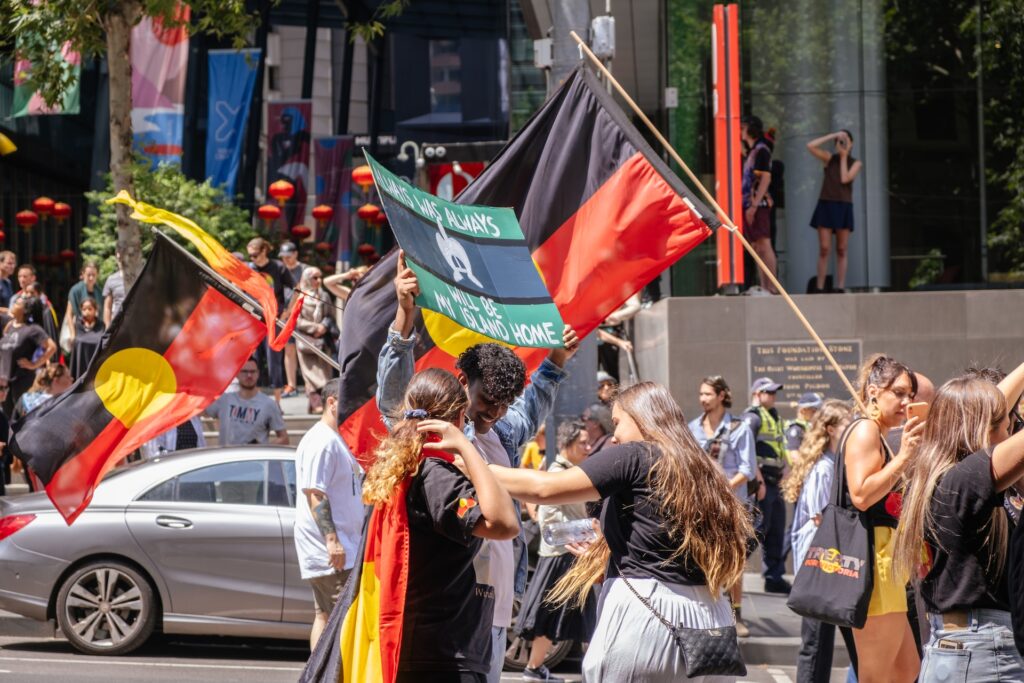
Writing Reviews with Culturally Sensitive Language: A Beginner’s Guide
Please be aware this article may contain references to names and images of Aboriginal and Torres Strait Islander people who are now deceased. External links may also include names and images of those who are now deceased. Aboriginal and Torres Strait Islander people are also advised that, for educational purposes, the article contains language that may be considered traumatic or offensive.
When writing reviews, it’s important to be mindful of the language you use to reference First Nations individuals and groups. In particular, using culturally sensitive language is essential to ensure that you are respectful of people’s identities and histories. Here’s a guide on how to write reviews using culturally sensitive language.
Referencing Individuals
When writing a review, it’s important to refer to Aboriginal people in the way that they prefer. Self-identification should take priority in all appropriate instances. Here are some options for referencing individuals:
- Refer to the people/mob after their name (ie Vanessa Fisher, of the Wakka Wakka people)
- Refer to the people before name (ie Proud Darumbal/Turrbal man Hans P Bokelund)
- Refer to descent instead – if self-identifying as such (Heidi Sellars, Wakka Wakka descendent)
Appropriate Terms
When writing a review that requires the discussion of Aboriginal people/s, there are several terms that have approval for use from most communities:
- Aboriginal
- Aboriginal Australian
- First Nations
- Torres Strait Islander: This term is appropriate for referring to the peoples of the Torres Strait Islands.
Dependent Terms
Remember that all communities are made of individuals. There are some terms that are more dependent upon self-identification than others and should only be used in situations deemed appropriate by the person/s being discussed. This is particularly noticeable across generations as terms become outdated, offensive or re-appropriated. Some of these include:
- Aborigine
- Gin
- People of Colour/Person of Colour
- Blak
- Indigenous
- BIPOC
- Mixed-race
- Black
Other Terms
Here are examples of other terms that may be appropriate in reviews about Aboriginal-led theatre:
- Country
- Land
- Mob
- Community
- People/Peoples
- Descent/Descendent
- Elder
- Warrior
There are several terms that are inappropriate for use at any time, in any review. For education purposes only, these terms are: B**ng, C**n, Bl*cks, Ab*, N*tives, N*gger, C*loured, and ATSI.
Conclusion
When writing reviews, it is crucial to be mindful of the language you use to reference individuals and groups. Using culturally sensitive language demonstrates your respect for people’s identities and histories and helps to create a more inclusive society.
By prioritizing self-identification and using appropriate terms, you can communicate in a respectful and meaningful way that recognizes the diverse cultural backgrounds of the people you are writing about.
Photo by Johan Mouchet on Unsplash






